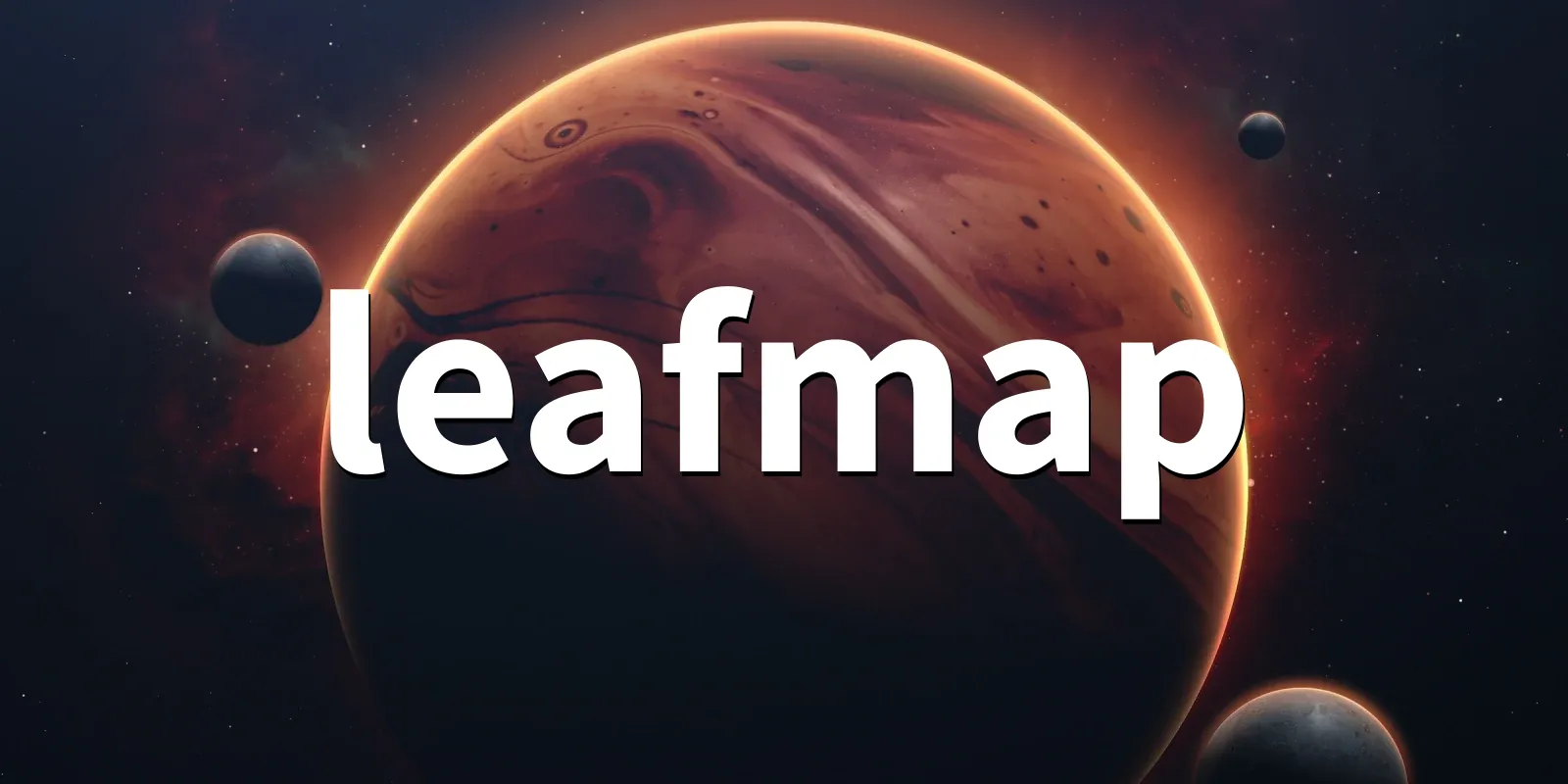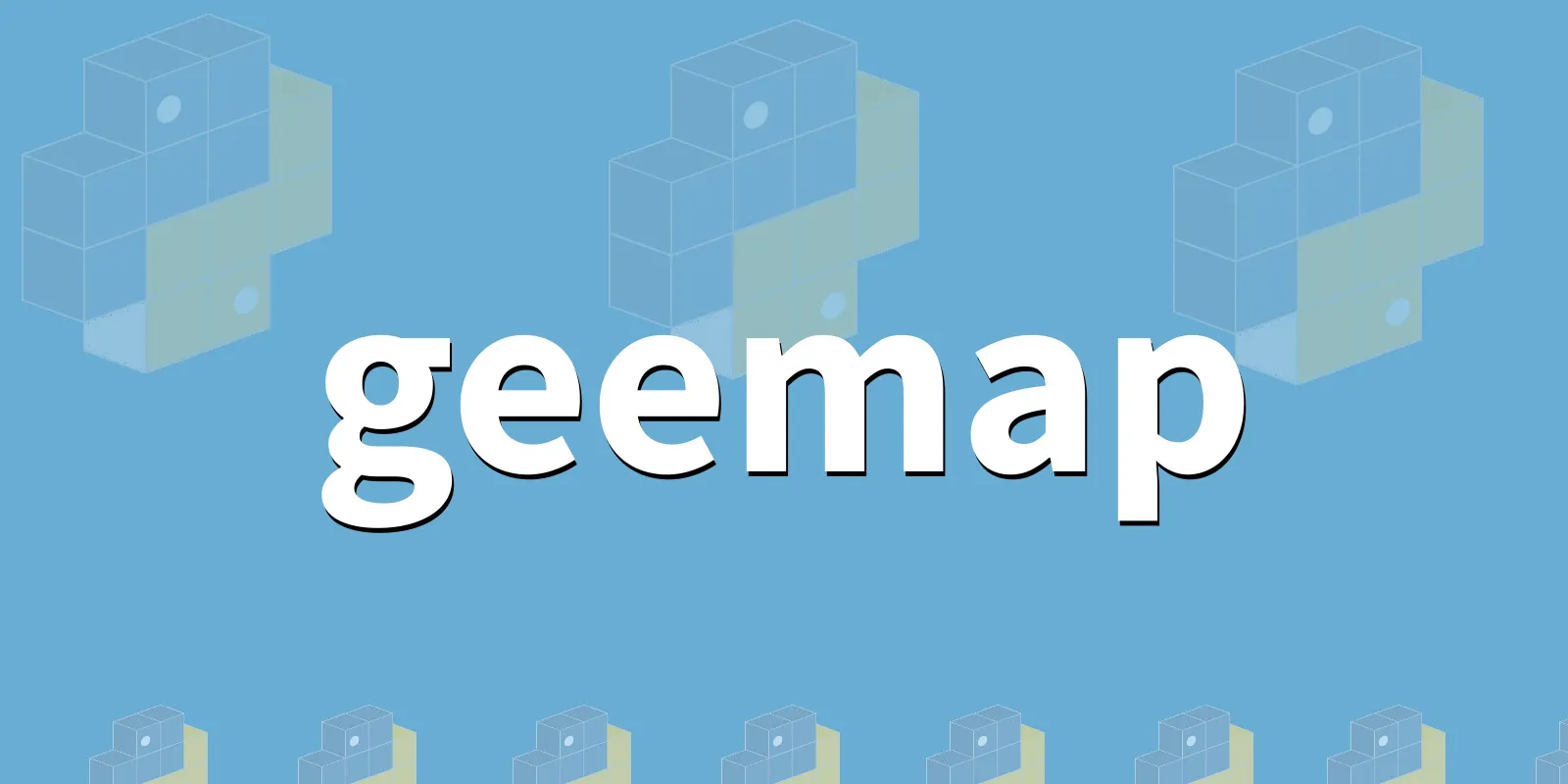
actinia-core 4.14.1
0
Actinia Core is an open source REST API for scalable, distributed, high performance processing of ge
Contents
Actinia Core is an open source REST API for scalable, distributed, high performance processing of geographical data that uses mainly GRASS GIS for computational tasks
Stars: 79, Watchers: 79, Forks: 23, Open Issues: 61The actinia-org/actinia-core repo was created 6 years ago and the last code push was 18 hours ago. The project is moderately popular with 79 github stars!
How to Install actinia-core
You can install actinia-core using pip
pip install actinia-core
or add it to a project with poetry
poetry add actinia-core
Package Details
- Author
- Carmen Tawalika, Anika Weinmann, Guido Riembauer, Markus Metz, Julia Haas, Marc Jansen, Jorge A. Herrera Maldonado, Sören Gebbert, Markus Neteler, Momen Mawad, and more
- License
- None
- Homepage
- None
- PyPi:
- https://pypi.org/project/actinia-core/
- GitHub Repo:
- https://github.com/actinia-org/actinia_core
Classifiers
Related Packages
Errors
A list of common actinia-core errors.
Code Examples
Here are some actinia-core code examples and snippets.
GitHub Issues
The actinia-core package has 61 open issues on GitHub
- Reset test markers
- Update mundialis/actinia-core Docker tag to v4.9.2
- Update redis Docker tag to v7
- Update dependency pystac to v1
- Update dependency google-cloud-bigquery to v3
- Update dependency matplotlib to v3.7.2
- Update dependency docutils to v0.20.1
- Dependency Dashboard
- Update redis Docker tag to v5.0.14
- Update dependency rasterio to v1.3.8
- Storing and accessing credentials (e.g. database logins) as actinia user
 pythonfix
pythonfix







